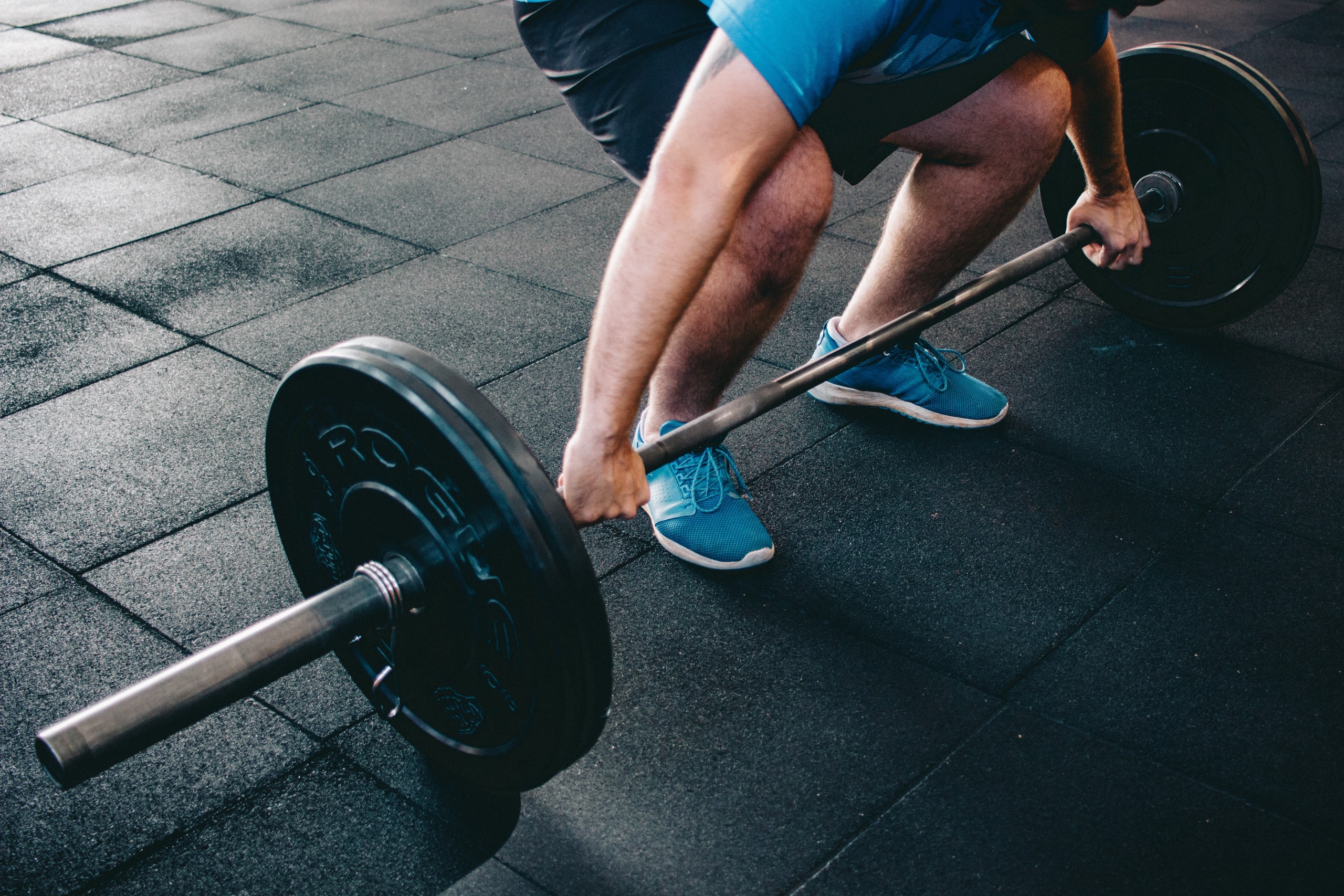What we’ll cover
Over the past few weeks, restrictions have been gradually easing in Victoria including re-opening of gym and fitness facilities.
Over this pandemic, some of us have taken up alternate home based exercise programs such as running, walking or home based gym or garage workouts. Others have gone the opposite direction and spent more time being inactive or a significant decrease compared to their normal exercise routine. Regardless of which direction you may have gone over the past few months, our team have put together their top tips on how to return back to the gym as safely and as effectively as possible.
Warm up and cool down
Spend some time loosening up and improving mobility prior to starting your weights session. This ensures adequate blood flow to warm up the body. Doing some mobility work around the upper back, lower back, shoulder, hips, knees and ankles is a good starting point. This can include using a foam roller or a spikey ball. Trial starting with some warm up sets with no weight.
For example, if you regularly do a bench press, warm up by completing some push ups or using very light weight for a set.
Cooling down after your exercise also allows your body temperature, blood pressure and heart rate to return to normal levels. This is a good time to be doing sustained stretches holding for at least 15 seconds.
Ease into it
Easing back into your routine is critical to ensure you can train continuously without injury.
For those who may be lifting weights, consider dropping your weight or resistance by 20 – 30% to avoid putting too much tension or load on your joints or soft tissue such as muscles. In addition, do less volume overall by doing less sets and repetitions.
If doing high intensity exercises, consider starting with lower intensity or lower impact exercises. In particular, high intensity exercises or explosive movements place increased load through our tendons increasing the likelihood of tendon injuries including the achilles, knee, glut or elbow. If you haven’t been doing high intensity exercise during the pandemic, consider doing lower impact exercises as you ease back into your regular high intensity exercises. For example, regular squats can be an alternate to jump squats. Step ups or lunge variations can be an alternate to exercises such as jump lunges.
Don’t go too hard too quickly
Take a day off in between exercise. If you have been unable to train using weights or resistance, ensure that you take a day off in between training. Whilst you may have trained on a daily basis pre-pandemic, starting back with a day in-between sessions is a great way to not only prevent injury but also ensure you reduce delayed onset muscle soreness so you can train at your best for your next session.
Lots of factors will affect how quickly you return back to your normal gym routine. This includes your pre-pandemic exercise routine, how much you have exercised during this pandemic and what equipment you have been able to access. Those who have exercised as closely and as similarly to their normal routine will be able to resume training relatively quickly. Others who have not been exercising consistently or have only been able to utilise body weight will more than likely need to take things slower.
Most importantly, enjoy your time back at the gym!
How can physiotherapy help me get back to the gym?
If you are unsure where to start, or start to experience niggles or injuries as you return to the gym, our team are able to help guide you through to achieving your exercise goals. Call us today or book online.
Malvern East Physiotherapy has a range of exercise services including supervised exercise with our physiotherapists, clinical strength programs and clinical pilates that can be a great avenue to get build up your fitness prior to returning to the gym.


